After Town Meeting’s resounding vote of no confidence earlier this month on the activities of the Upper Charles Trail Committee, a Select Board subcommittee on Sunday morning drafted a public survey to generate input on the committee’s future.
Select Board members Amy Ritterbusch and Irfan Nasrullah comprised the subcommittee. It reviewed a survey draft which Ritterbusch prepared in advance for about 35 minutes. The version crafted by the end of this meeting will be released after review and input from the Select Board at an upcoming meeting.
The draft survey requested residents’ emails and some demographic information about responders to ensure that it was completed by residents. It was created “in an effort to work with stakeholders to move forward with a solution that the majority of the town will support.” It also asked about the trail’s potential users, such as residents, walkers, runners, bikers and hikers, as well school and town employees.
It also presented information about the UCTC and its charge. It referenced Article 47, the nonbinding Town Meeting article that called for disbanding the UCTC in its current form and reconfiguring it as a Trails Coordination and Management Committee subcommittee. Resident Peter LaGoy, chair of the TCMC, proposed it because of concerns that the UCTC was not incorporating public feedback in its decisions.
UCTC faces opposition
For more than a year, residents expressed concerns that the UCTC was not following their will by pursuing a MassTrails grant for an engineering and design study of the proposed Segment 6 of the trail that is to run from the Ashland border to the Milford border. Segment 6 is proposed to go around Marathon School and connect to the controversial Segment 7, which was deemed to be hazardous by some residents because it would run along and cross busy Hayden Rowe Street at three points, including areas where there were accidents involving pedestrians. The grant funding was approved, and the study moved forward despite community pushback.
At last week’s Select Board meeting when the UCTC’s future was discussed, questions also were raised about any effect on funding for Segment 1, proposed to run from Hopkinton State Park to East Main Street and approved at Town Meeting. The Select Board voted 3-2 for the UCTC to halt its activity until at least the July 11 Select Board meeting, by which time results of the survey will be tabulated. The results will inform the Select Board about the direction in which the public would like to see the UCTC move.
Said Nasrullah: “This is for the public to decide.”
Survey questions composed on leadership, liaison roles
Subcommittee discussion revolved around the composition of the UCTC and the roles of its members, alternate members and liaisons. It asked if there should be the same number of members — nine voting members with two alternates — or if there should be fewer or more members. The survey asked whether the alternates should vote in general or only if a quorum of voting members were not present, or if the public felt that the concept of alternates should be done away with entirely. Nasrullah suggested that a survey option ask if each member should report on activities they perform on a quarterly basis.
On the current UCTC, there are liaisons from the Select Board, the Conservation Commission and the Parks & Recreation Commission. The survey requested input on whether liaisons from the School Committee, the Council on Aging, the Planning Board, the Commission on Disability, the TCMC and the Youth Commission should be included.
Nasrullah pointed out that there were pros and cons to the potential TCMC liaison.
“I could go either way on this,” he said. “I think it makes sense because of expertise and knowledge of the town. “But on the negative side, TCMC is more focused on Hopkinton and the trails within Hopkinton. We’ll let people decide.”
Ritterbusch spoke about the qualifications and skills needed for UCTC members. Areas of expertise included public relations, civil engineering, trail building of a multiuse trail, construction, forum facilitating, social media and community outreach. She and Nasrullah agreed that social media and community outreach experience would be qualities desired in the person with a public relations background.
Nasrullah asked if liaisons have, or should have, the consensus of their respective committees upon which they serve. An option for residents to consider this also was included in the final draft, as well as an option for no preference.
To get deeper feedback, an open-ended question allowed for comments or suggestions on changes to the UCTC’s membership. The Select Board is entrusted with appointing UCTC members. There is also an option to suggest changes to the charge, which the UCTC also previously discussed.
There are options regarding the leadership structure. Residents will have the option of voting on whether they would like to see annual votes for leadership restricted to one consecutive term, if the same leadership team can be reelected, or if there is no preference.
Because of the Article 47 vote, there are survey options to vote on whether the UCTC should remain as it is or become a TCMC subcommittee, as well for those who have no preference.
Surface composition, comparison to area trails
The surfacing type of a multiuse trail was one aspect Nasrullah said should be considered. At the last UCTC meeting, it was mentioned that skateboarders should be allowed to use the trail. This would require a paved surface as opposed to stone dust. He also brought up that electric scooters and electric bicycles may want to utilize a multiuse trail, which would also affect the surfacing. Ritterbusch included options for total pavement, total stone dust or a mix of the two types, as well as for people to note if they were unsure, undecided or had no preference.
Ritterbusch proposed a survey question asking whether responders used area rail trails and listed their names. It asked what features people liked about them.
It should be noted that a rail trail cannot be built in Hopkinton because there is no available rail bed to use for it, which the UCTC previously said is one factor that has slowed down its progress.


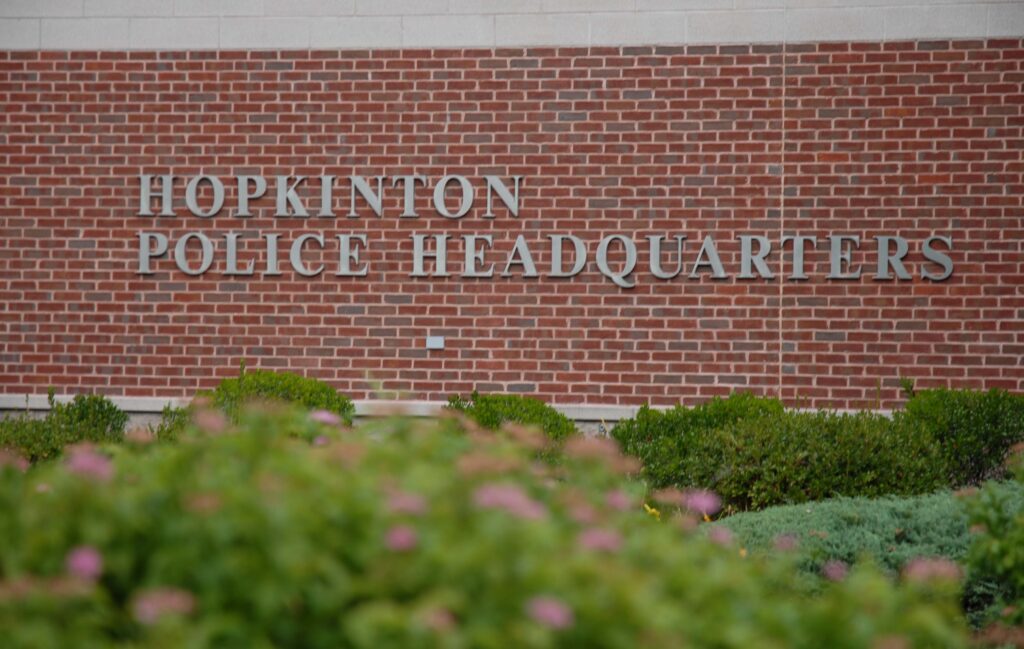
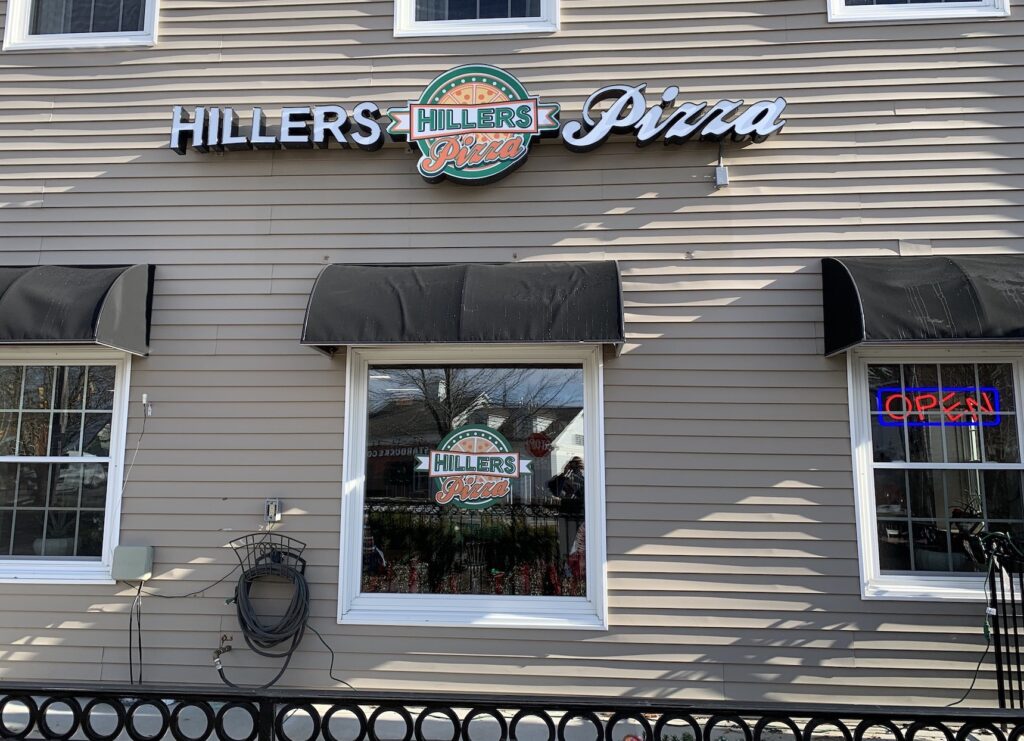
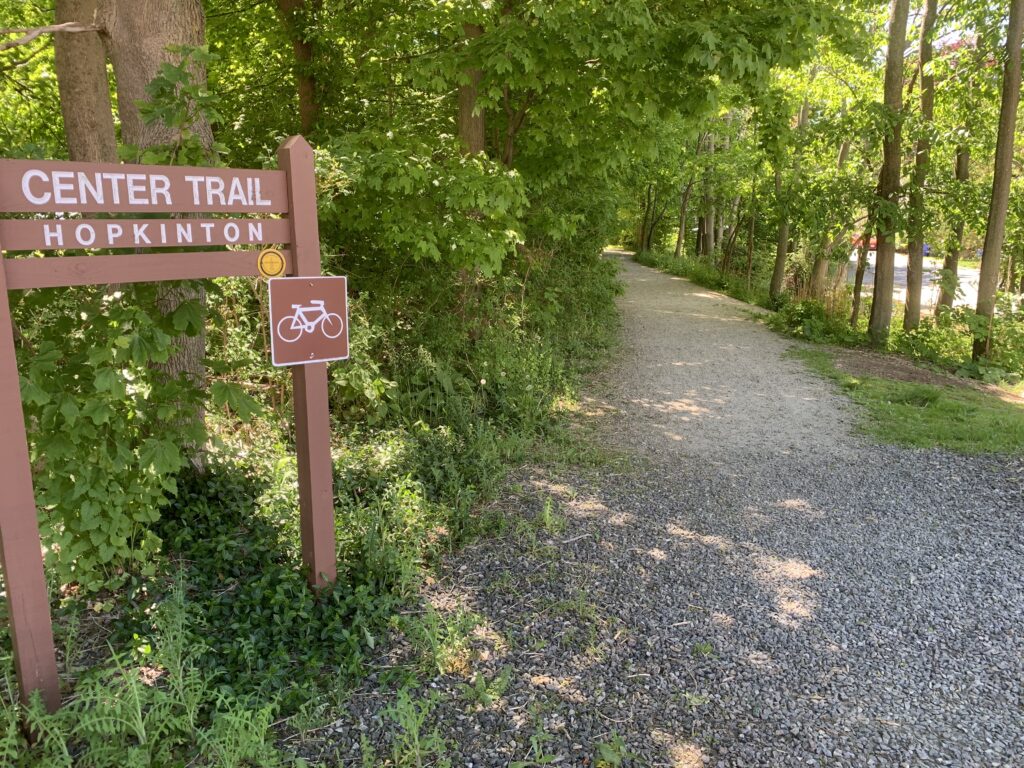
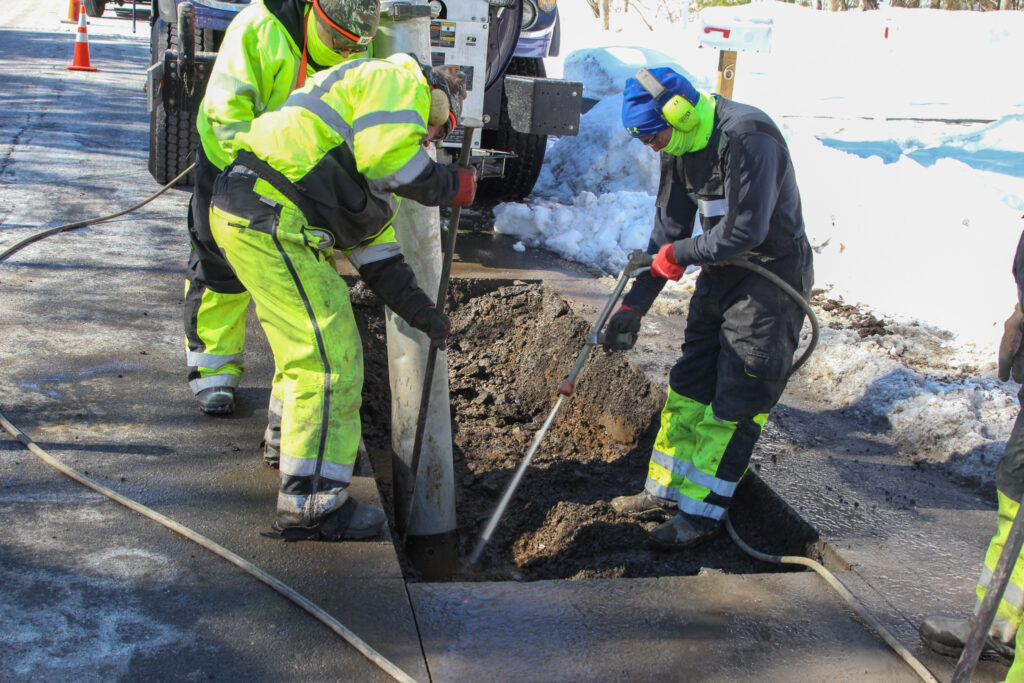
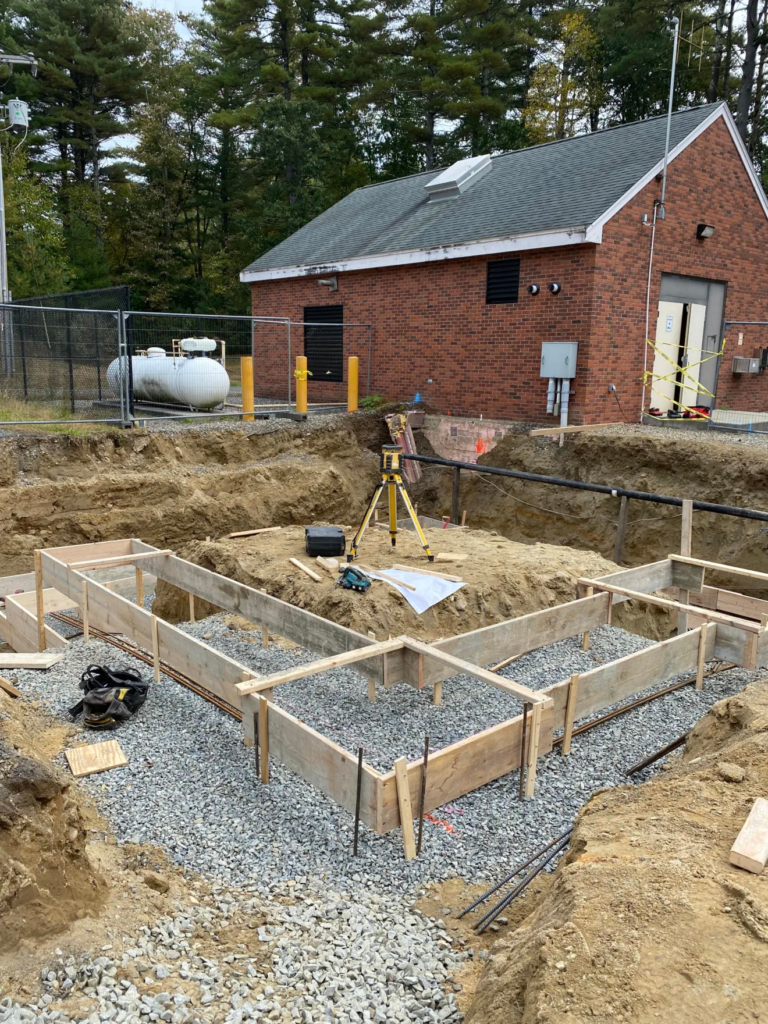














The TOWN voted 72% to 28% for this: To see if the Town will, in accordance with Section 6.1 of the Town Charter, vote to direct the Town Manager to abolish the Upper Charles Trail Committee (UCTC) and establish a subcommittee termed the Upper Charles Trail Subcommittee under the direction of the Trails Coordination and Management Committee (TCMC; hereafter to be known as the Hopkinton Trails Committee). This subcommittee shall perform the function of the former UCTC, including 1) establishing at least two possible trail routes for review by the town and selection by the Select Board, and 2) developing this trail using all available funds. The subcommittee shall be comprised of seven (7) members chosen by the Trails Committee and will follow guidance for public communication as previously developed by the TCMC. Funds from this town meeting and from other sources allotted to the UCTC shall be spent under the direction of the Trails Committee and subcommittee for the tasks indicated above and as intended by town meeting. Pass any vote or take any action relative thereto. The TOWN spoke.
With regards to surfaces, a simple survey question can’t properly explain the differences. Asphalt costs 10 times more, and will require expensive maintenance when tree roots push through (see the Legacy Farms south sidewalk or most 10 year old paved bike paths in MA. Holliston’s stone dust trail is used by roller bladers and electronic skateboarders and was installed without DOT’s road construction-based and overly onerous standards, and DOT control; Hopkinton would control the process. Holliston’s stone dust trail helps limit biker speeds (Hopkinton’s trail will not be a major commuter trail but will be recreation-first) and makes the trail more friendly for other users. All that said, I respectfully request that the Select Board follow the Marathon school process, not rely on a simple survey.